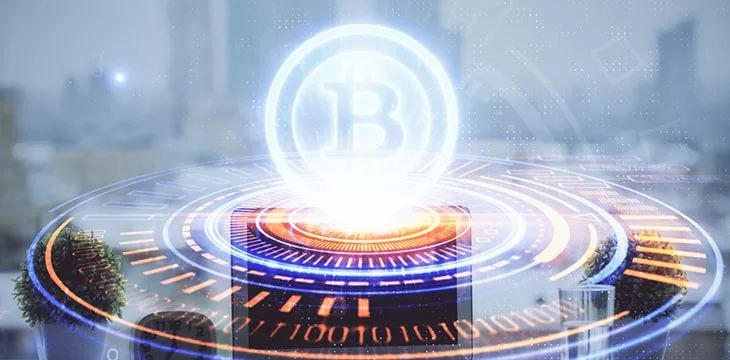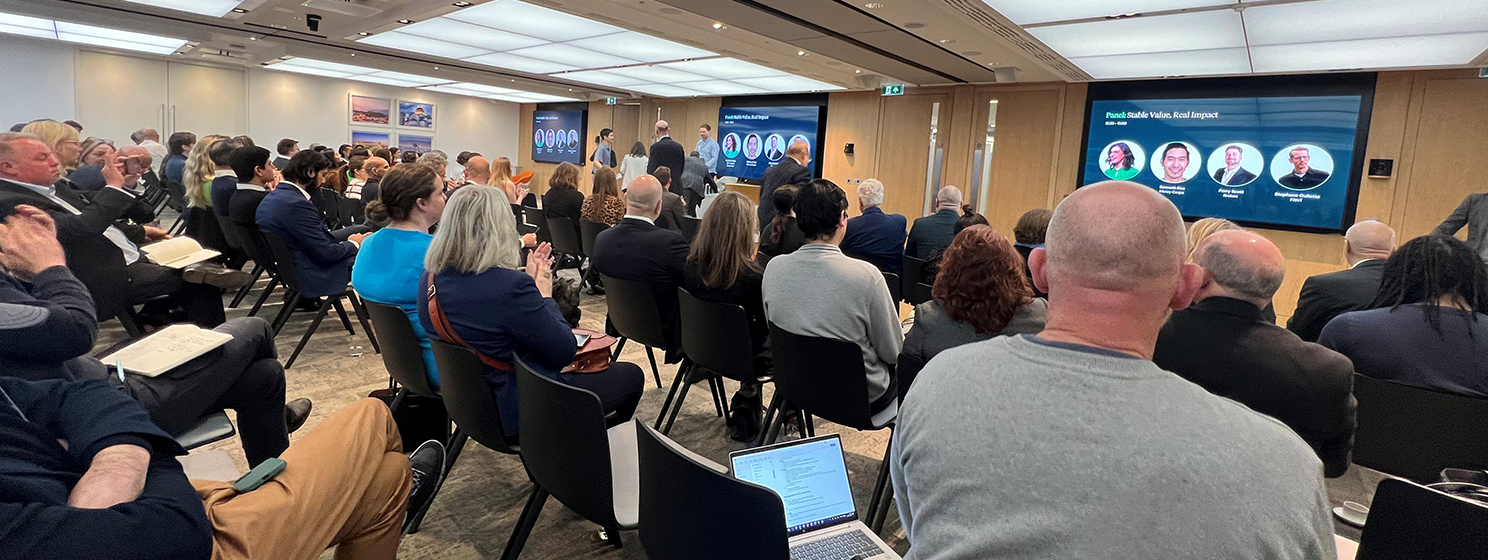|
Getting your Trinity Audio player ready...
|
Bitcoin developer and thought leader Joshua Henslee works hard to keep all of us in BSV informed of what’s happening, where things are likely headed, and how the BSV blockchain will change the world.
Henslee’s videos are sometimes practical guides, often philosophical musings, and always worth the watch. I’ve enjoyed writing them up for CoinGeek throughout 2023. These are the most memorable moments and key insights for this year.
In this video, Henslee discusses why Satoshi Nakamoto won’t sign. He begins by clarifying that it could mean either moving a coin from a very early block or signing with Nakamoto keys.
Most people don’t think of the unintended consequences, Henslee tells us. Nakamoto has made “insane gains,” and it doesn’t benefit him in any way to move coins. If he does, the market will likely crash, and he’ll lose a lot. It’s much more beneficial to play dead and slowly sell from blocks that aren’t thought to be his. In essence, it’s much better for Satoshi to cash out unnoticed.
Author’s Note: In this video, Henslee points out that Satoshi Nakamoto’s incentives are not aligned with the rest of ‘crypto.’ He has much more to lose by confirming he is alive and in control of his coins. People may want to know who he is for sure, but he doesn’t benefit from playing their game.
Nine months ago, Henslee was one of the first YouTubers to draw attention to Ordinals, which he defined as a “global serialized NFT protocol.” There were half a million Ordinals on BTC in the first few months, and things have only grown since then.
At the time of this video, GorillaPool had just mined the block that would kick off Ordinals on BSV. These days, there are tens of millions of them. Henslee rightly predicted that BSV could do it much better with low fees and greater scalability. He said we need a use case that can’t be done on other chains, and Ordinals at scale might be it.
Author’s Note: Henslee was extremely early to catch onto Ordinals and how big they would be. Truthfully, we’ve seen nothing yet. Although most of the liquidity is in the BTC ecosystem for obvious reasons, BSV is indeed doing it better from a technical standpoint.
In this video update seven months ago, Henslee noted that a potential chain split would occur on BTC over Ordinals. He speculated that a split would be good for BSV and that one of the chains would go to zero. He thought it was also possible that a split wouldn’t occur, and the sheer demand and skyrocketing fees would kill the BTC chain.
At this stage, Henslee was also beginning to realize how huge on-chain trading was and that it was a fundamental shift.
Author’s Note: It took more than six months, but Henslee was bang on the money. Right now, BTC maximalists and small-block fanatics are threatening to do away with Ordinals. It looks like another BTC civil war is on the horizon. We’ll see how this plays out in 2024.
Are BlackRock buying BSV and BCH?
Henslee released two videos on this subject. In the first, he noted that BlackRock was aware of the different forks and the risks posed to BTC by various factors. He said he thought they’d still choose BTC, but it was interesting that they retained the right to decide. As a result, it was possible they were buying unsplit coins.
In the second video, Henslee went into more detail, noting that several large wallets were buying up lots of BSV, BCH, and eCash and stacking them in one place. This could be BlackRock, he said, although he was skeptical. In any case, a Bitcoin basket would depoliticize the ETF and be smart risk management.
Author’s Note: We don’t have an answer to this yet, but it’s interesting to think about. Henslee’s reasoning makes sense; firms like BlackRock can’t afford to play games, and holding 1:1 ratios of the different forks would cost them little. Again, we’ll have to wait until 2024 to find out if this is so.
Making reference to Nicholas Taleb’s phrase for an unexpected or unforeseen event with extreme consequences, Henslee speculated that ORDI was exactly that for Bitcoin. This video was released seven months ago, so Henslee was again early.
An anonymous X account launched a BRC-20 token protocol, and ORDI was the first token, Henslee explained. This was a provably fair mint with no centralized party issuing coins or hogging some of the supply.
At the time of the video, ORDI was $27 and was pumping because the market recognized it for what it was. The fees on BTC were already climbing and causing discontent, but an on-chain economy is what Satoshi Nakamoto wanted, even if it was a problem for small blocks.
Author’s Note: ORDI went into a small bear market after this video, but it has since recovered and exceeded the price it was when this video was released. BRC-20s are a thriving ecosystem, and they are showing what Bitcoin is capable of while exposing the futility of keeping blocks small. It’s the most interesting thing happening in Bitcoin right now, and the market is clearly signaling it wants on-chain tokens.
Why we are locking our bitcoins
Henslee released two videos on this subject, tapping into another huge trend on BSV: locking coins. In the first one, he explained that locking coins could be seen as a costly signal, and he announced the launch of Hodlocker.com. Already, this app was evolving quickly, displaying social posts with coins locked against them.
In the second video, Henslee delved into Lock-to-Mint and all of the implications. Tokens had already started taking off when he made this, and Lock-to-Mint has become somewhat of a sensation on BSV since.
Author’s Note: These videos were more recent, but again, Henslee was at the forefront of something unique occurring in Bitcoin. As you’ve probably noticed if you’ve read this far, that’s a common theme. Be sure to subscribe to Henslee’s YouTube channel to stay ahead of the curve and see what’s coming down the pipe in 2024 and beyond!
Watch: Why BSV blockchain is ‘absolutely perfect’ for Bitcoin startups

 02-23-2026
02-23-2026 




